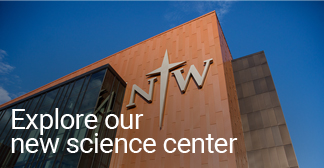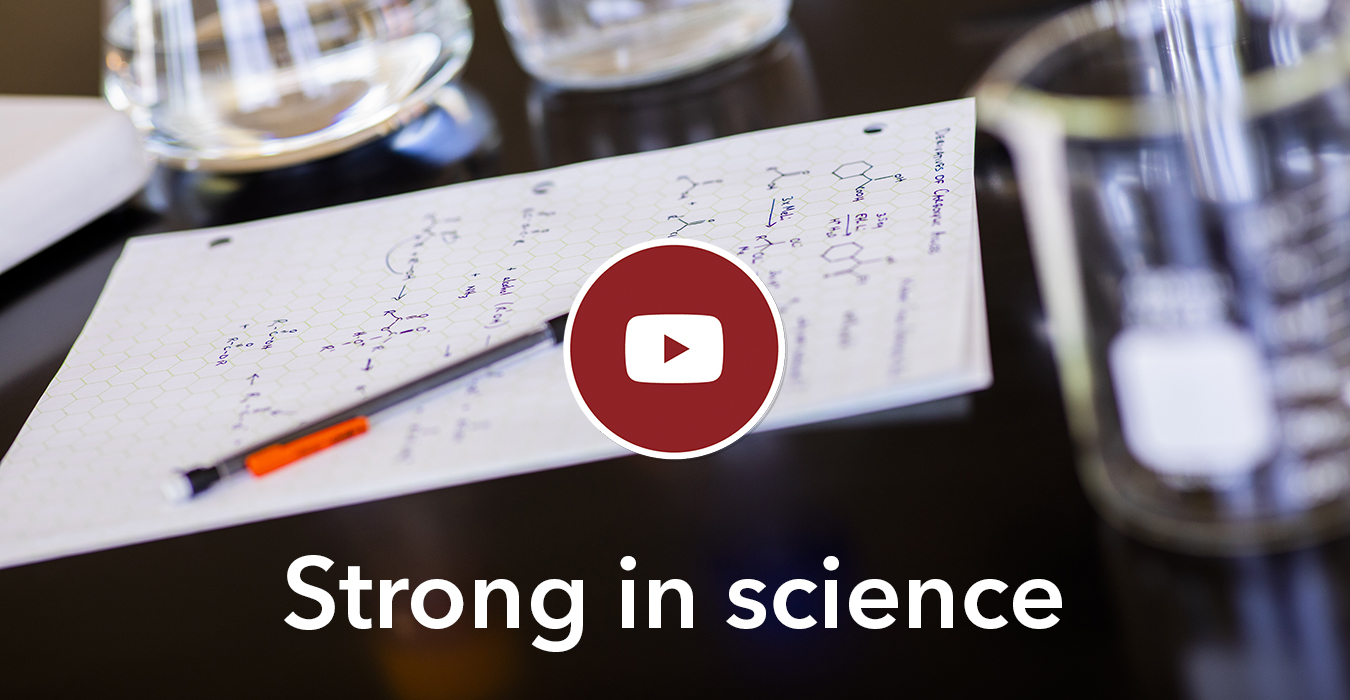Mortuary Science
Approximately one-half of the states require pre-professional academic credit prior to training received in mortuary science. The maximum required (in approximately one-third of the states) is two years. The state of Iowa requires completion of two years (60-semester hours of academic non-mortuary science credit). Iowa does not require any specific courses that must be taken.
Recommended courses
ACC 215 - Principles of Financial Accounting
(4 credits) This course covers the basic introduction to financial management and financial accounting, including an understanding of the concepts, principles and practices in these areas.
ACC 216 - Principles of Managerial Accounting
(3 credits) This course covers the basic concepts, principles and practice in managerial accounting, including the use of accounting in management decision- making. Prerequisite: ACC215.
ART 105AE - Introduction to Studio
(4 credits) (NWCore option under Aesthetic Experience) This course introduces students to studio art media and the basics of two and three-dimensional design. Art terms and concepts will be explained and essential vocabulary will be utilized. Basic problems of aesthetics and the nature of art will be explored throughout the course. Emphasis is upon learning creative problem solving using visual media. Art history is introduced in the presentation of projects. Studio projects, discussions and criticism of art works are features of the course.
Note: Does not count toward an art major or minor. A fee is associated with this course.
BIO 102SN - Human Anatomy and Physiology
(4 credits) (NWCore option under Science and the Natural World) An introduction to the structure and function of the human body.
Note: Includes 1 1/2 hours of lab per week. Does not count toward a biology major or minor. A fee is associated with this course.
BIO 203 - Microbiology
(4 credits) A study of the morphology and physiology of microorganisms with special emphasis on bacteria and viruses. Those organisms that have an economic or medical importance will be highlighted, and basic laboratory techniques will be stressed. Prerequisites: BIO115SN or BIO122 and CHE102 or CHE108SN or CHE112.
Note: Includes 3 hours of lab per week. A fee is associated with this course.
BUS 321 - Business Law I
(4 credits) This course is designed to acquaint students with the legal principles which, when followed, allow business transactions to run smoothly and with predictability. The topics include contracts, agency and property law, plus criminal law, torts, the Uniform Commercial Code, the litigation process and alternatives to litigation. Both business and non-business students can benefit from this basic course on Anglo-American law.
CHE 101SN - College Chemistry
(4 credits) (NWCore option under Science and the Natural World) This course is an introduction to inorganic chemistry, with an emphasis on the health sciences. It is well suited for students whose programs require one year of chemistry.
Note: Three lectures and one three-hour laboratory period per week. Open to all students. A fee is associated with this course.
CHE 102 - College Chemistry
(4 credits) An introductory course in organic and biological chemistry. The content is especially suited to meet the needs of students whose programs require only one year of chemistry. Prerequisite: CHE101SN.
Note: Three lectures and one three-hour laboratory period per week. A fee is associated with this course.
ECO 213 - Principles of Microeconomics
(4 credits) Microeconomics deals with price determination and how the price system functions. Supply and demand, output, competition, monopoly, resource pricing, international trade and finance will be studied.
ECO 214 - Principles of Macroeconomics
(4 credits) Macroeconomics concerns itself with economic aggregates such as inflation, unemployment, recessions, national debt, and income inequality international trades. Macroeconomic models will be introduced. These models will be used to understand the application of monetary and fiscal policy.
MUS 115AE - Music of the Church
(3 credits) (NWCore option under Aesthetic Experience) This course provides an introduction to the fascinating and frustrating
history of how Christians have used, created, manipulated, or avoided music in their worship of God. Although each of us comes from our own denominational, geographical, and cultural backgrounds, we will seek to understand the whole historical sweep of Christian church music, as well as our own place in that history.
PSY 100SS - Exploring Psychology
(4 credits) (NWCore option under Self and Society) In this course students learn how, using methodologies such as observation, survey and experimentation, psychological science explores the causes and consequences of human action. An overview of major findings from the field of psychology such as biological bases of behavior, learning and memory, motivation and emotion, human development, personality, intelligence, psychopathology and therapy, the effect of
others on individuals will be discussed and students will be encouraged to apply this knowledge to their own views and actions. Students will consider why the integration of faith and science in understanding humans is important and will explore ways of accomplishing this integration.
REL 150 - Christian Story I: Biblical Tradition
No course description available.
SOC 101SS - Principles of Sociology
(4 credits) (NWCore option under Self and Society) An introduction to sociology, its major concepts, tools and perspectives. This course provides an understanding of societies; of culture; of major social institutions such as the family, religion and education; of social inequality; and of social change.


